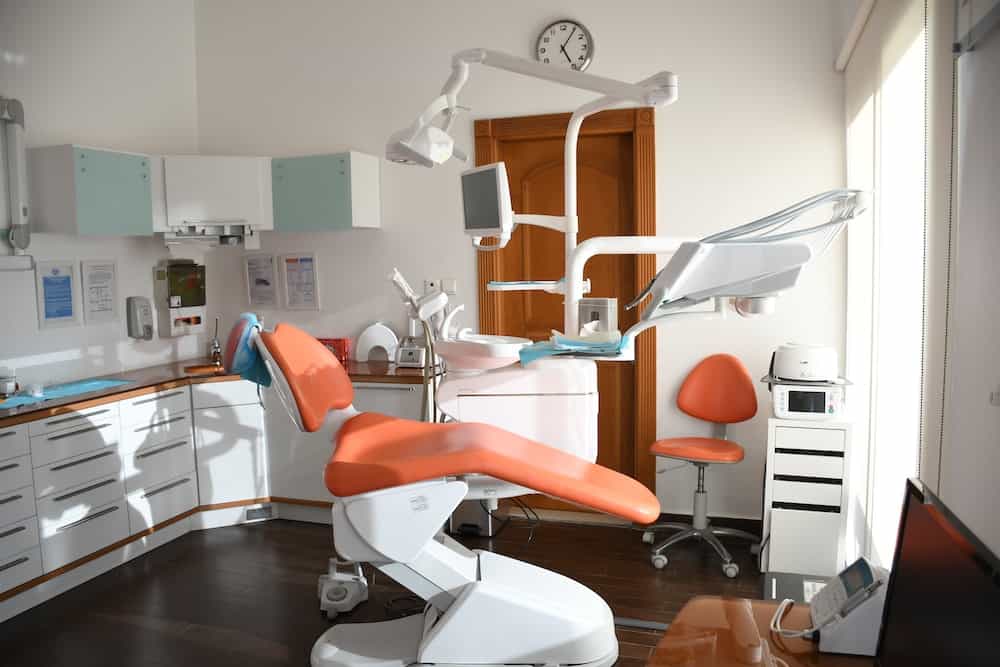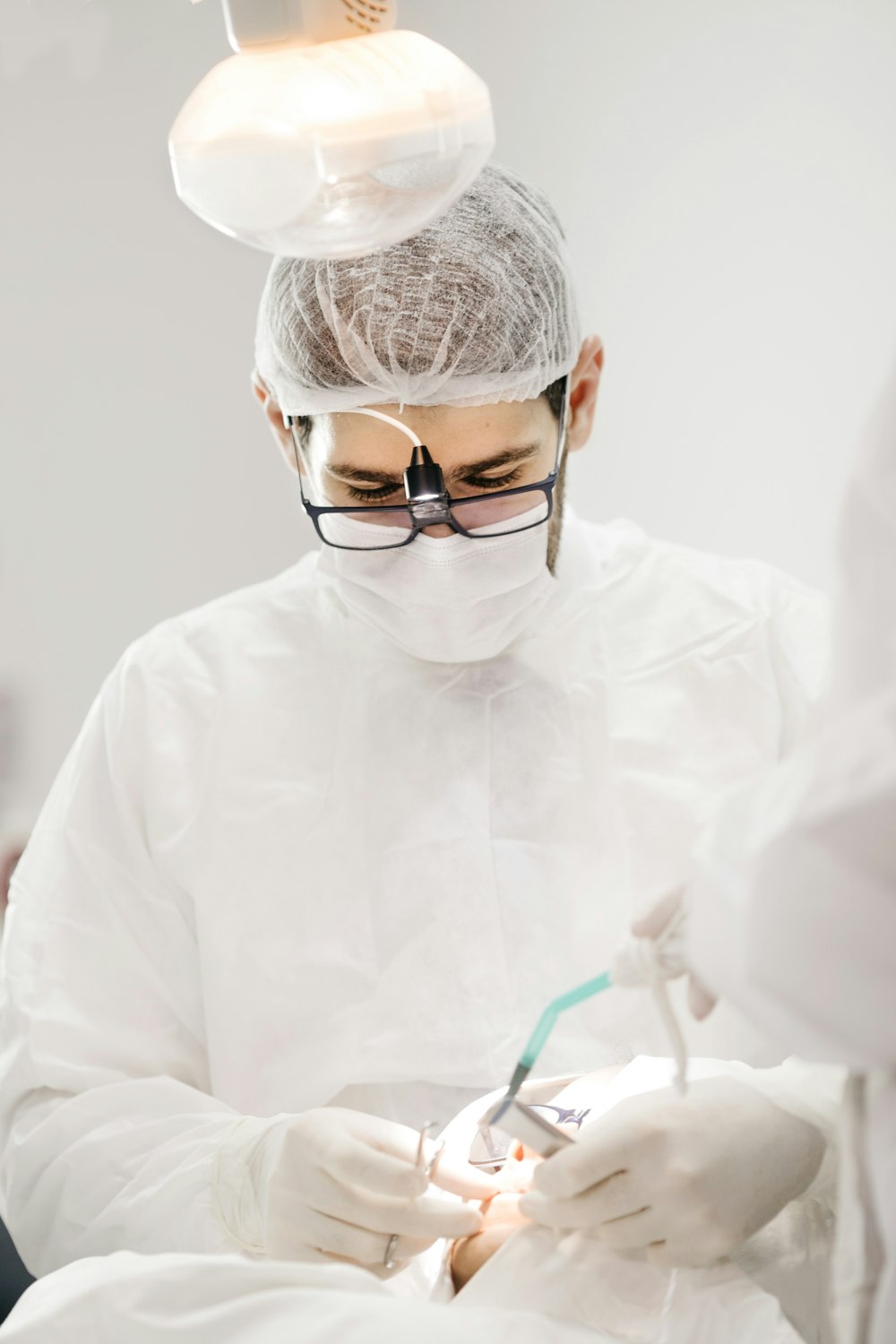
15 Oct How To Transfer Dental Hygiene License To Another State?
Transferring License Guide
The necessity to transfer a dental hygiene license to a different state is not as common as it is in some other professions, primarily due to the nature of dental hygiene practice, which often follows state-specific regulations. However, there are situations where dental hygienists may find it essential to transfer their license to another state.
- Relocation: One of the most common reasons for dental hygienists to transfer their license is relocation. Whether it’s for personal reasons, family, or career opportunities, hygienists who move to a different state may need to transfer their license to continue practicing legally.
- Military Service: Dental hygienists serving in the military may experience frequent reassignments that require them to work in various states. In such cases, they often need to transfer their license to practice at different military bases.
- Temporary Assignments: Dental hygienists who take on temporary assignments or contract work in different states might need to transfer their license to meet local regulatory requirements.
- Cross-Border Practice: In regions where states are close in proximity, hygienists might find it advantageous to work in both states, making it necessary to hold licenses in each jurisdiction.
While transferring a dental hygiene license to a different state is not as common as in some other professions, it is feasible and necessary in the situations mentioned above. The process for transferring a dental hygiene license involves understanding the specific requirements of the new state, providing documentation of education and clinical experience, and potentially taking state-specific exams or fulfilling continuing education obligations.
Understanding State-Specific Requirements
One of the most critical aspects of transferring your dental hygiene license is to understand that dental hygiene licensure is regulated at the state level. Each state has its own licensing requirements, so the process may vary significantly from one state to another. Therefore, it’s essential to research the specific requirements of your destination state before you begin the transfer process.
Research Your Destination State’s Licensing Requirements
To get started, visit the state dental board or agency website in your destination state. Look for a section that outlines the requirements for dental hygiene licensure. Some common requirements may include:
- Educational prerequisites: The number of educational credits, courses, or degree requirements may vary from state to state.
- Clinical requirements: Some states may have specific clinical experience prerequisites.
- National and state exams: Check if the state requires any specific exams or if they accept results from national exams such as the National Board Dental Hygiene Examination (NBDHE).
- Background checks: Many states require background checks as part of the licensing process.
- Application fees: Find out the cost of applying for a dental hygiene license in the new state.
- Continuing education: Some states may require you to complete a certain number of continuing education hours to maintain your license.
Contact the Dental Board or Licensing Authority
Reach out to the dental board or licensing authority in your destination state to clarify specific requirements and request application forms. They can provide you with the most up-to-date and accurate information regarding the licensure process in their state.
Transferring Your License
Once you clearly understand your destination state’s requirements, it’s time to initiate the process of transferring your dental hygiene license.
Request Transcripts and Documentation
Most states will require you to submit your academic transcripts and documentation from your dental hygiene program. Ensure that you have all the necessary paperwork from your education institution readily available.
National Board Dental Hygiene Examination (NBDHE)
Many states accept the results of the National Board Dental Hygiene Examination (NBDHE) as part of the licensure process. If you’ve previously passed this exam, make sure to provide documentation of your results to the state dental board.
State-Specific Examinations
Some states may have their own specific examinations that you need to pass. These exams may cover state laws and regulations related to dental hygiene. Be prepared to fulfill this requirement, if applicable.
Background Check and Fingerprinting
A background check and fingerprinting are often required as part of the licensing process. Follow the instructions provided by the state dental board for this step.
Application Submission
Complete the application for dental hygiene licensure in your destination state. Pay close attention to the application deadline and submission instructions. Ensure that you include all necessary documentation and fees as requested.
Continuing Education
Many states require dental hygienists to complete continuing education to maintain their licenses. Find out the specific requirements for your destination state and plan to fulfill them once you are licensed.
AppointmentVerification and Endorsement
After submitting your application, the state dental board will review your documents and qualifications. This process can take some time, so be patient. Once your application is approved, you will be issued a dental hygiene license in your new state.
License Verification
In some cases, your new state may require verification of your current license from your previous state. Contact the dental board or licensing authority in your previous state to request license verification to be sent to your new state.
Temporary Practice Permits
While your application is under review, some states may offer temporary practice permits that allow you to practice dental hygiene under supervision. This can be helpful if you need to start working before your new license is issued.
Maintaining Your License
Once your dental hygiene license is successfully transferred to your new state, it’s important to understand the responsibilities of maintaining your license.
Continuing Education
Stay current with the continuing education requirements of your new state. Ensure that you complete the necessary CE hours to renew your license on time.
License Renewal
Be aware of your license renewal dates and comply with the renewal process, which usually involves submitting proof of continuing education and paying renewal fees.
State-Specific Regulations
Familiarize yourself with the dental hygiene laws and regulations in your new state. Different states may have variations in the scope of practice, supervision requirements, and other aspects that you should be aware of.
Make Sure To Follow Each Step
In the realm of dental professionals, transferring a dental license to another state is a process that, while less common than in some other professions, is undeniably important and vital under certain circumstances. The need for this transfer typically arises from personal or professional reasons, such as relocation, career opportunities, or family considerations. In such instances, it is paramount that dental professionals understand the significance of meticulously double-checking each step of the transfer process.
Regulations
The dental industry is highly regulated, with each state maintaining its own set of requirements for licensure. Therefore, the crucial nature of the transfer process cannot be overstated. Failing to complete a single step or missing a specific requirement could result in a loss of licensure or significant delays, negatively impacting one’s ability to practice their profession in the new state.
Research
Comprehensive research is key, as the intricacies of the transfer process can vary considerably from state to state. Understanding the exact educational, clinical, and examination prerequisites of the destination state is essential. By ensuring that you fulfill all of these requirements, you maintain your professional integrity and protect the well-being of the patients you’ll be serving in your new location.
Review
Additionally, double-checking all documents, applications, and deadlines is vital. Even minor errors or omissions can cause significant setbacks, potentially affecting your ability to continue practicing without interruptions. It’s imperative to be organized and attentive to detail throughout the entire process to mitigate these risks.
Moreover, recognizing your situation’s potential challenges and nuances can be invaluable. The transfer of a dental license to another state is a process that, though relatively infrequent, holds substantial significance for dental professionals. Given the stringent regulations and the importance of safeguarding the public’s health, it is crucial to double-check each step in the transfer process. By doing so, you ensure a smooth transition in your career and uphold the highest standards of professional integrity and patient care. Ultimately, this diligence and attention to detail are essential in maintaining the reputation and quality of the dental profession.





Sorry, the comment form is closed at this time.